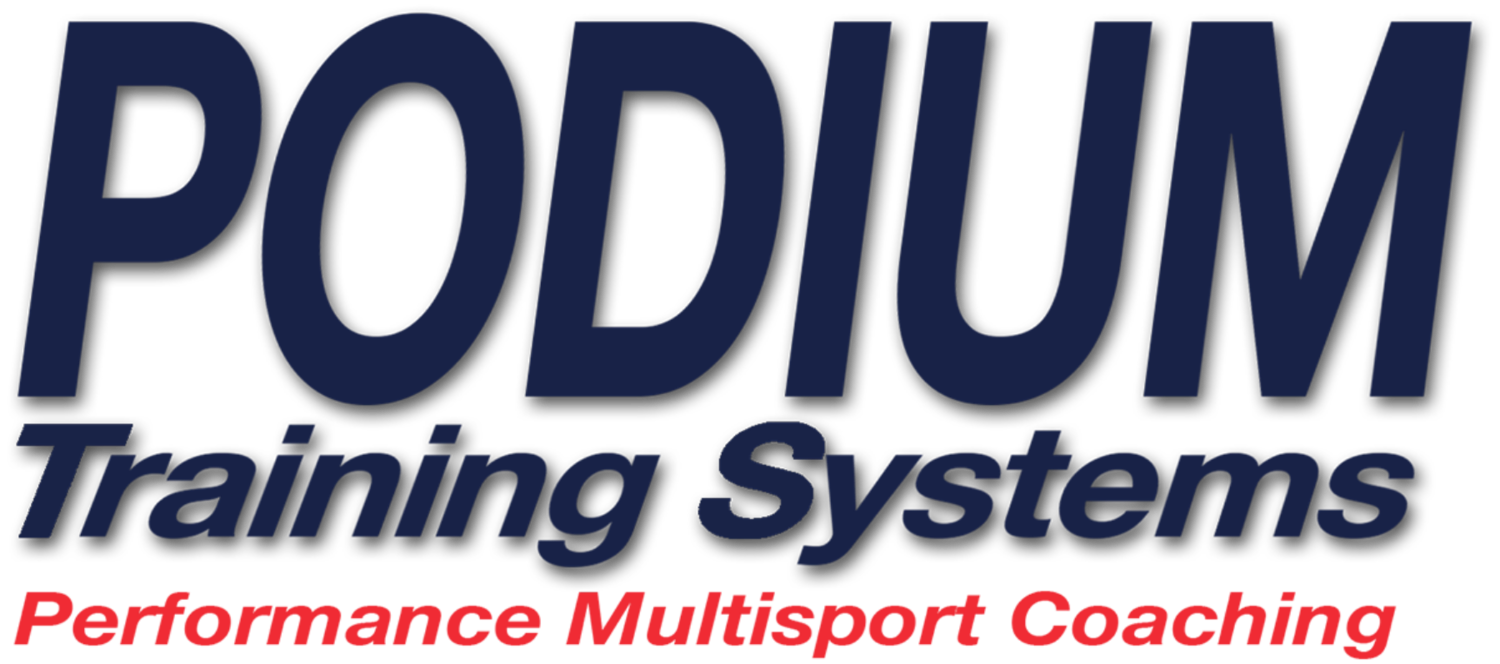Last week the focus was on speed. Going hand-in-hand with speed, is speed endurance. What's speed endurance? Well, to put it as simply as possible, it's the ability to maintain a higher intensity over a longer distance. Most everyone who races Olympic distance races has the ability to swim 1,500 meters. The question isn't "can you?" but rather "how fast?" Being able to carry more speed over a longer distance is massively helpful - especially if you race ITU.
Workouts of this nature help ensure that, as you make the turn at the half-way point of the swim, you have the ability to maintain your pace and keep up the intensity. The work-rest ratio here doesn't allow for a lot of rest as this is all about being able to improve your lactic acid clearance and tolerance.
This workout was written for long course meters (LCM) and it's about 1 hour to 1:15 in duration. If you don't have access to a LCM pool, you can easily do this in a SCY pool as it's based completely on your base 100 time.
The key here on the main set is to know your base 100 time, as the goal is to maintain that time (say, 1:20) but have less rest between each send-off as the set progresses. In this example, if your base 100 meter time is 1:20, then your first round of 6 x 100 would be on the 1:40, the next round on the 1:35, and the last round on the 1:30.
Warm up
300m easy.
.
10 x 50 on 1:10
Build 25m, maintain for 10m, easy for last 15m
.
6 x 100 on 2:00
75m hard, 25 easy.
Main set
3 x (6 x 100)
First round: Base time + :20 secs
Second round: Base time + :15 secs
Third round: Base time + :10 secs
1 minute rest between each round.
Cool down
100 / 200m easy.
3300 meters.
Workouts of this nature help ensure that, as you make the turn at the half-way point of the swim, you have the ability to maintain your pace and keep up the intensity. The work-rest ratio here doesn't allow for a lot of rest as this is all about being able to improve your lactic acid clearance and tolerance.
This workout was written for long course meters (LCM) and it's about 1 hour to 1:15 in duration. If you don't have access to a LCM pool, you can easily do this in a SCY pool as it's based completely on your base 100 time.
The key here on the main set is to know your base 100 time, as the goal is to maintain that time (say, 1:20) but have less rest between each send-off as the set progresses. In this example, if your base 100 meter time is 1:20, then your first round of 6 x 100 would be on the 1:40, the next round on the 1:35, and the last round on the 1:30.
Warm up
300m easy.
.
10 x 50 on 1:10
Build 25m, maintain for 10m, easy for last 15m
.
6 x 100 on 2:00
75m hard, 25 easy.
Main set
3 x (6 x 100)
First round: Base time + :20 secs
Second round: Base time + :15 secs
Third round: Base time + :10 secs
1 minute rest between each round.
Cool down
100 / 200m easy.
3300 meters.
